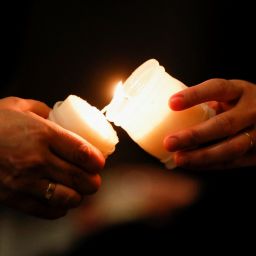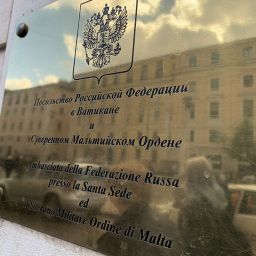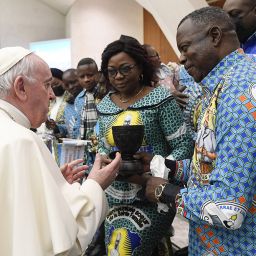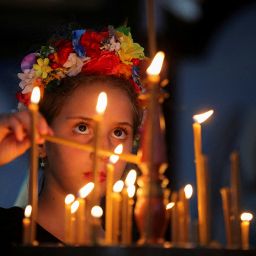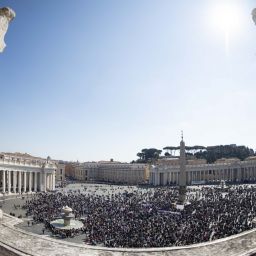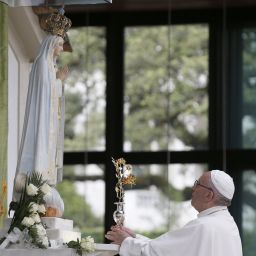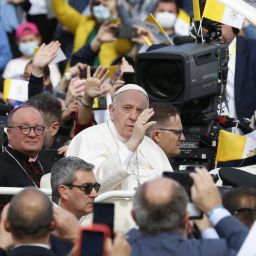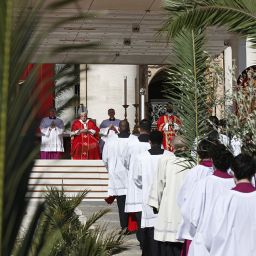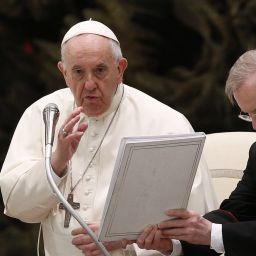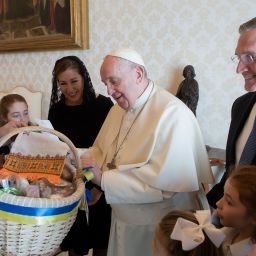
By Cindy Wooden
Catholic News Service
VATICAN CITY — Engaging in ecumenical or interreligious dialogue involves respecting others and listening to where the one God may be working in the lives and communities of others, Pope Francis said.
“In the past we used to talk to the mirror; you looked at yourself and answered yourself, and you condemned those who were outside, you labeled them,” the pope told people attending a conference in Rome sponsored by Argentina’s Institute for Interreligious, a group begun in 2002 with the help of the pope, who was then archbishop of Buenos Aires.
Meeting participants at the Vatican May 5, the pope spoke about how ecumenical and interreligious dialogue have changed throughout his life. The Vatican published a transcript of the pope’s remarks the next day.
When he was 4 years old, he told the group, he was walking with his grandmother when he saw two women from the Salvation Army.
“I asked my grandmother, ‘Grandmother, who are those ladies, are they nuns?’ She told me, ‘no, they are Protestants, but they are good.’ It was the first ecumenical speech I ever heard in my life,” the pope said, and it was unusual because Catholics then had a “totally condemning” attitude toward Protestants.
Positive relations with members of the Jewish community in Argentina came earlier than with the Protestants, he told them, noting that he had Jewish classmates and that his father, an accountant, had Jewish friends and customers who would come to the house.
The purpose of dialogue is not “to convince one another, to convert others,” he said. Through dialogue, “each one tells his or her experience, which is an experience of God. And God manifests himself in all cultures, in all, in the way of that culture, he manifests himself in the peoples who have walked along a path of history in a different way, to peoples who have walked in another way, but it is the same God.”
Pope Francis said that for himself, and any other believer who engages in dialogue, “when I speak of my religious confession, for consistency I say, ‘This is the true one,’ but I respect the way of others who also say, ‘This is the true one.’ This is not relativism, it is respect, respect, respect and coexistence.”

